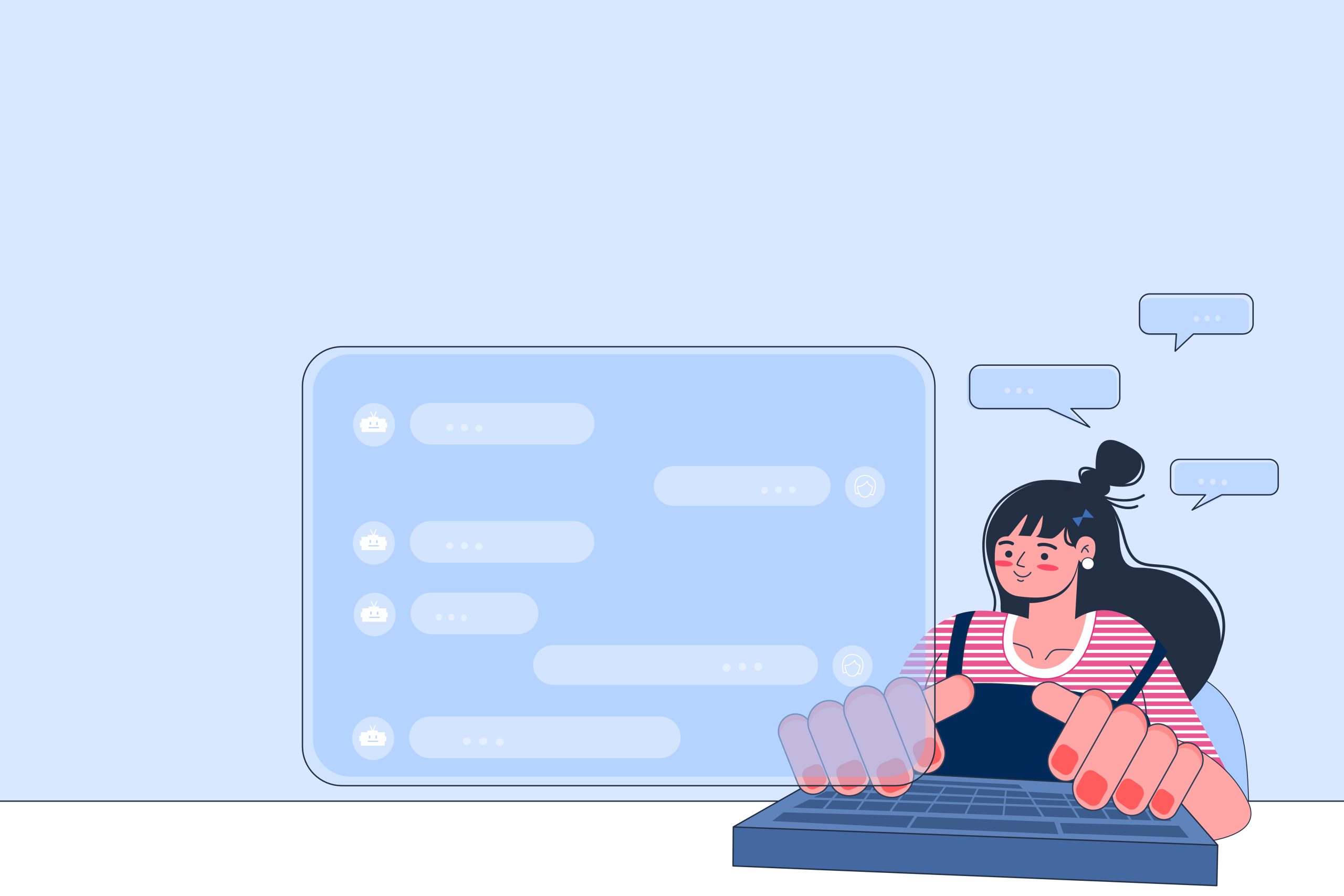Does AI actually help students learn? A recent experiment in a high school provides a cautionary tale.
Researchers at the University of Pennsylvania found that Turkish high school students who had access to ChatGPT while doing practice math problems did worse on a math test compared with students who didn’t have access to ChatGPT. Those with ChatGPT solved 48 percent more of the practice problems correctly, but they ultimately scored 17 percent worse on a test of the topic that the students were learning.
A third group of students had access to a revised version of ChatGPT that functioned more like a tutor. This chatbot was programmed to provide hints without directly divulging the answer. The students who used it did spectacularly better on the practice problems, solving 127 percent more of them correctly compared with students who did their practice work without any high-tech aids. But on a test afterwards, these AI-tutored students did no better. Students who just did their practice problems the old fashioned way — on their own — matched their test scores.



I think here you also need to teach your kid not to trust unconditionally this tool and to question the quality of the tool. As well as teaching it how to write better prompts, this is the same like with Google, if you put shitty queries you will get subpar results.
And believe me I have seen plenty of tech people asking the most lame prompts.
I remember teachers telling us not to trust the calculators. What if we hit the wrong key? Lol
Some things never change.
I remember the teachers telling us not to trust Wikipedia, but they had utmost faith in the shitty old books that were probably never verified by another human before being published.
i mean, usually wikipedia’s references ARE from those old books
Eh I find they’re usually from a more direct source. The schoolbooks are just information sourced from who knows where else.
I don’t know about your textbooks and what ages you’re referring to but I remember many of my technical textbooks had citations in the back.
Yep, students these days have no idea about the back of their books and how useful the index can be and the citations after that.
Even after repeatedly pointing it out, they still don’t make use of it. Despite the index being nearly a cheat code in itself.
Wait, kids don’t use the index? How do they find things in the book?
They try and use google, which doesn’t tell you anything about the information contained in the book. Or they complain about not being able to find the page they are told to look for.
Human error =/= machine unreliability
You’re right. The commenter who made the comparison to Wikipedia made a better point.